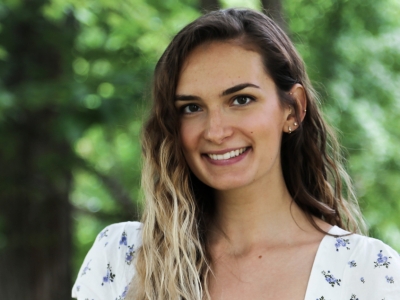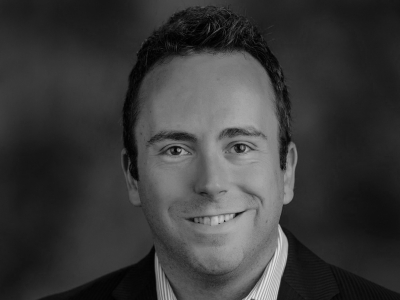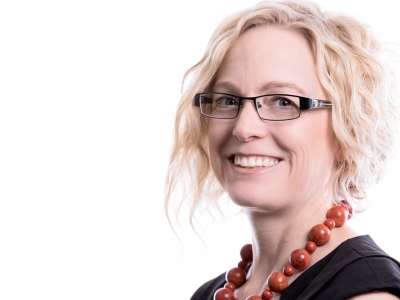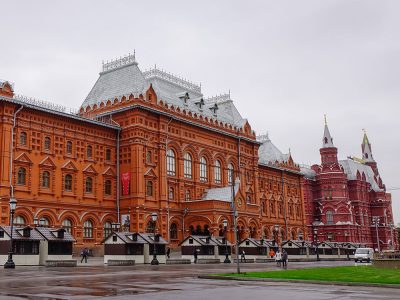This profile was part of the Faculty of Public and Global Affairs’ 75 for the 75th series, which highlighted 75 notable alumni in FPA in honour of Carleton University’s 75th anniversary. These stories were published in 2016 and 2017.
President and CEO, C.D. Howe Institute
Master of Arts, International Affairs (‘87)
As a Master’s student in the Norman Paterson School of International Affairs (NPSIA), William Robson initially thought he might work for the foreign service.
But he followed a different path, seeking out interesting opportunities and building on his knowledge along the way.
“My degree gave me a great background that enabled me to go in a lot of different directions,” says Mr. Robson. “It offered insight into theories and history, but also the practical aspects of policy making, which helped me understand what was going on around me.”
That combination has suited him perfectly as the long-time President and CEO of the C.D. Howe Institute, whose stated mission is to “raise living standards for Canadians by fostering economically sound public policies.”
“We translate non-partisan, evidence-based research on important topics into language people can understand without inordinate effort,” he says, mentioning topics ranging from monetary policy to pensions. “There are a lot of parallels to academic life with the discussions and lively debates.”
While still working on his MA, Mr. Robson started with a contract at the federal Department of Energy, Mines and Resources (now Natural Resources Canada), which nurtured his interest in topics such as exchange rates, commodity trade and international trade. Then he went in the opposite direction, to Bay Street.
“The economics department at Wood Gundy, now part of CIBC, took a chance on me, so I ended up forecasting economic indicators for the firm and its clients,” recalls Mr. Robson. “That led me to the C.D. Howe Institute, which was looking for an in-house economist with a forecasting background.”
But Mr. Robson soon found himself working on policy projects at the C.D. Howe Institute that required an understanding of history, political science and economics – areas he says the Master’s degree in international affairs helped him prepare for.
“This proved to be a useful set of skills for looking at human endeavours of all kinds,” he says, stressing the importance of understanding history in particular.
“Whether you’re looking at economics or politics or human behaviour, the record of the past is a critical reference point. You need to understand that record. And you need to explain it in terms that will resonate with people and persuade people to act on its lessons.”
Mr. Robson advises new graduates to work on their communication skills and, perhaps most importantly, find something they love to do.
“I always told my kids to follow their heart. You want to be really engaged and enthusiastic about what you’re doing,” he says. “Academic background matters, but the essential qualities in a new hire are a penetrating mind and enthusiasm about the issues.”
Over time, Mr. Robson says he’s formed a deeper appreciation of Canada as an ideal place for smart, inquisitive people who yearn to debate and discuss the future of their country.
“We in Canada are fortunate to live in one of the countries in the world where people are likelier to listen to each other and debate ideas on their merits. We don’t lock up people we disagree with. We are readier to engage on logic and evidence and less prone to dismissing someone as not worth hearing,” he says. “I feel very fortunate to be able to do this work in a country that protects and values this kind of public debate.”
Tuesday, March 22, 2016 in #FPA75, Career Paths, International Affairs
Share: Twitter, Facebook



